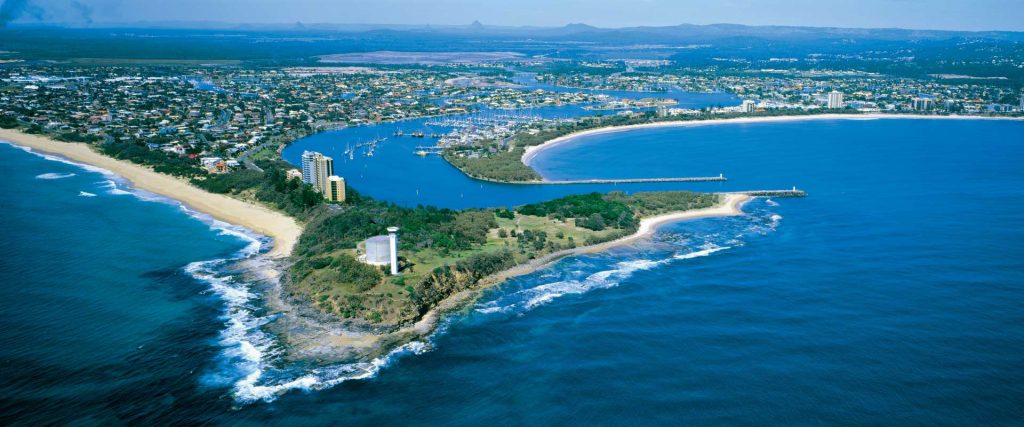Clayton's Towing provides Heavy Haulage in Gladstone
along with quality, safe & reliable towing solutions
Offering Gladstone Towing Services, 24 Hours A Day, 7 Days A Week. Clayton's Towing provides Towing Services Queensland Wide. Our 24/7 Tow Truck Services in and around these areas include:
Location : Gladstone

24/7 Heavy Haulage Across Queensland
With depots in Beerwah, Caboolture, Childers, Kilcoy, Gympie, Mackay, Maleny, Maroochydore, Maryborough, Nambour, Nanango, Noosaville & Rockhampton, we service throughout Gladstone and across South-East Queensland.
Check That We Service Your Location?
We Care About Our Service
At Clayton's we ensure the best for our customers with fully insured services, Industry Leading Equipment & Highly Qualified Staff to assist.
Offering Premium Services in Gladstone at reasonable prices.
★★★★★ 5/5
*Working with all major insurance providers throughout Australia
24 Hours, 7 Days A Week
With 24 Hour Towing Services, Our Dispatch Team is always available around the clock to take your call.
Fast Response Heavy Haulage
Queensland's Most Comprehensive Fleet In Vehicle Towing & Recovery Services. With 12 depots across South-East Queensland.
50 Years Of Experience
Established on the Sunshine Coast. Now servicing Queensland with Professional, Reliable & Experienced Towing Solutions.
Clayton’s Towing Latest News! Keep up to date with the latest on our Vehicle Auctions, Career Opportunities or upcoming events.
Heavy Tow Truck Operator - Mackay & Coalfields
We currently have a full-time position available in the Mackay area.
Heavy Tow Truck Operator - Rockhampton & Capricorn Coast
We currently have a full time position available in the Rockhampton area.
Insurance Administrator - Nambour
We currently have a full time position available in the Nambour area.
Customer Service Officer - Sunshine Coast
We are seeking a Customer Service Officer to join the team at our Head Office in Nambour.





















